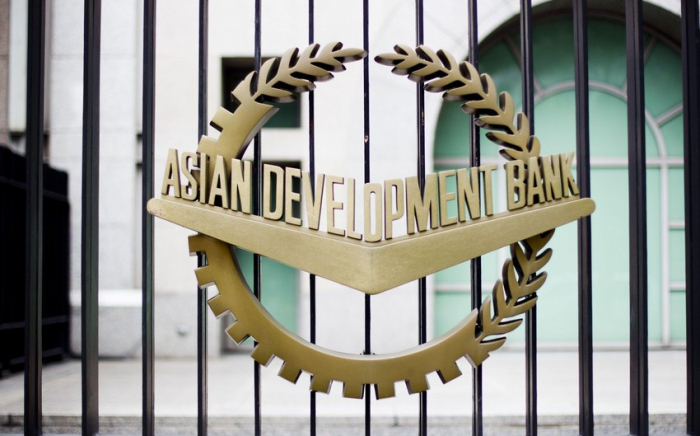The project supports three operational priorities of the ADB’s Strategy 2030: tackling climate change, building climate and disaster resilience, and enhancing environmental sustainability. The project also contributes to ADB’s country partnership strategy, 2019-2023, for Azerbaijan to help reduce the country’s dependency on oil exports and improve economic resilience by supporting non-oil private sector development and improving access to finance.
“The project is the first major utility-scale solar independent power project in Azerbaijan, paving the way to the diversification of the energy supply that will support socio-economic resilience. This is particularly important in the context of societal and economic recovery from the COVID-19 pandemic and in light of Russia’s invasion of Ukraine, which is expected to impact the country’s trade, particularly food security and inflation. Improved reliability and quality of electricity services will enable the population to use electricity appliances and encourage them to set up businesses, both of which will raise living standards,” ADB said in a message.
The total cost of the project is $240 million. The European Bank for Reconstruction and Development (EBRD) plans to allocate $51 million to the project. The project is also expected to be financed by the International Finance Corporation (IFC is part of the World Bank Group).
The project consists of three components - the construction of a solar photovoltaic installation and a new substation; a 330 kV overhead transmission line connecting the local substation with the national grid; road improvement to create a new access road along the existing track.
The project is developed by a newly established special purpose vehicle in Azerbaijan, which acts as the borrower for the project financings. Abu Dhabi Future Energy Company PJSC (Masdar) acts as the sponsor for the project. A limited liability company Masdar Azerbaijan Energy has been registered in Azerbaijan to implement the project.
More about: Azerbaijan ADB
















































